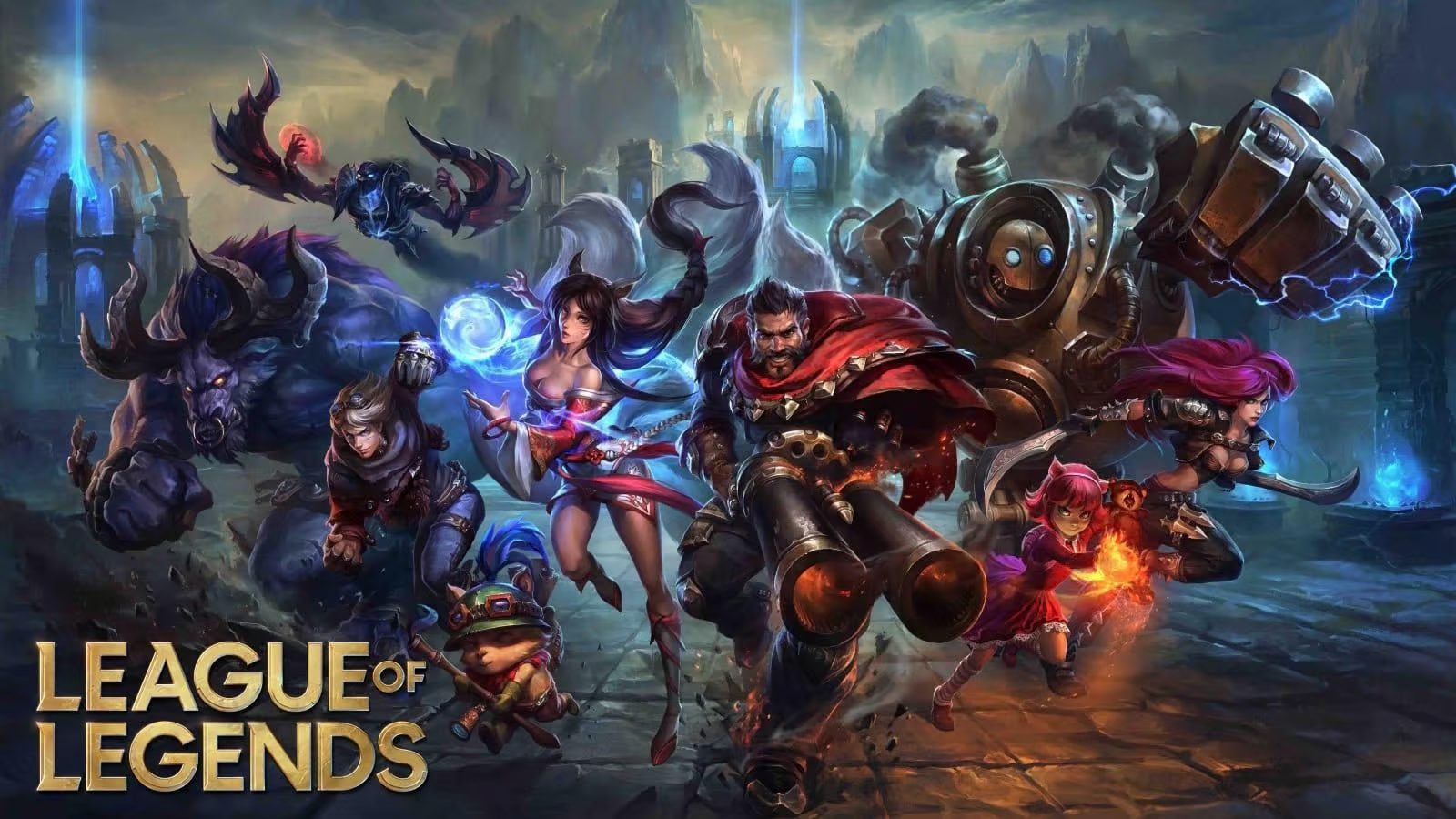League of Legends Pros Contemplate Walkout to Safeguard Esport’s Minor Leagues
Professional players in the world of League of Legends (LoL) are considering a groundbreaking move to protect the esport’s minor leagues. A potential walkout is looming as a response to recent changes made by Riot, the game’s publisher, which have raised concerns among the players. The walkout, if enacted, would mark a significant moment of collective action within high-level esports, with all 50 players in the League Championship Series (LCS), the pinnacle of LoL esports in North America, reportedly set to vote on the matter this weekend.
Critical Decision Nearing – A Vote on the Horizon
The crucial vote is scheduled to take place a few days before the commencement of the LCS Summer Split, one of the two annual competitive LCS seasons and the gateway for North American teams to qualify for the prestigious LoL World Championship. Phil Aram, the executive director of the LCS Players Association (LCSPA), revealed that the league’s fate hangs in the balance, stating, “If we have 26 out of 50 of the LCS [players] willing to do something, I can tell you right now, the league’s not running.”
The Catalyst – Riot’s Controversial Decision
At the center of the dispute lies Riot’s recent announcement, made earlier this month, to eliminate the requirement for LCS teams to field a team in an official feeder league. Riot justified this decision by claiming that LCS teams requested the change to attain greater operational and financial flexibility. The intention behind the move was purportedly to support the long-term success of teams and the professional esports ecosystem in North America.
Discontent and Fallout – Pros React to the Changes
Despite the commitment of three LCS teams to continue participating in the North American Challengers League (NACL), most teams have opted to disband their developmental rosters. This decision has sparked discontent within the LCSPA, an organization established by professional players to offer guidance, programs, and support. The LCSPA accuses Riot of dismantling the NACL with no warning or plan, resulting in the termination of jobs for approximately 70 players, coaches, and managers.
LCSPA’s Counterargument – The Value of the NACL
Highlighting the significance of the NACL, the LCSPA contends that over half of the current LCS players emerged from this developmental system. The LCSPA refutes any claims suggesting that the NACL contributes to team financial instability, emphasizing that the average annual salary cost of an entire NACL roster constitutes less than 17 percent of an average LCS organization’s League-based salary expenses. In contrast, the LCSPA argues, Europe, Korea, and China boast thriving feeder systems, while North America now lacks viewership, institutional support, paying jobs, and a sustainable future.
The LCSPA’s Demands – Seeking a Balanced Resolution
As part of their campaign for justice, the LCSPA has presented Riot with a list of requests. Their demands include the implementation of a Valorant-style promotion and relegation format between the LCS and NACL, as well as a commitment from the publisher to establish a revenue pool of $300,000 per NACL team per year for player salaries. Notably, this amount falls below the reported average earnings of individual LCS players in 2020. Additionally, the LCSPA is calling for other safeguards and cost-sharing opportunities to protect the interests of LCS players and teams.
The Importance of Negotiations – A Pivotal Moment
Phil Aram emphasizes that meaningful negotiations with Riot cannot occur unless the publisher acknowledges the players’ discontent and demonstrates respect for their concerns. The executive director of the LCSPA deems this a critical turning point for the players, declaring, “It’s an important inflection point for our players.”
The Harsh Realities of Esports
While the allure of professional gaming captivates many aspiring young gamers, the reality of making a living in esports is challenging. Pro careers are typically short-lived, and mental health concerns have forced several players to retire at a young age. Furthermore, competition to secure a spot on a major esport team is fierce. The industry as a whole faces difficulties, with reports of widespread cuts among esports organizations and some struggling to turn a profit. Notably, TSM, a prominent North American esports organization, plans to sell its spot in the LCS and shift its focus to LoL esports in another region.
Conclusion: An Esport at a Crossroads
As the countdown to the critical vote begins, the League of Legends community eagerly awaits the outcome. The potential walkout by pro players would signify a pivotal moment in the world of high-level esports, as collective action takes center stage. The ball is now in Riot’s court to address the concerns raised by the players and navigate the delicate balance between financial considerations and the long-term sustainability of the esport. All eyes are on Riot and the future of LoL’s minor leagues, which hang in the balance of this significant decision.




